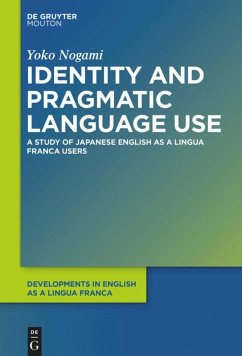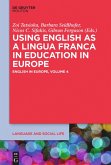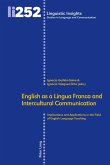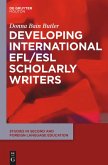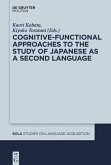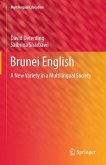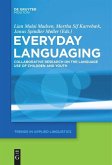ELF (English as a lingua franca) research counters the monocentric view of English based on norms of native speakers of English, and supports any usages reflecting sociopragmatic and pragmalinguistic reality of ELF communication. Such an approach empowers any speakers of English to contemplate their own varieties of English as legitimate, providing them greater options for positive self-identification. Based on qualitative and interpretive methodology, this book illustrates how Japanese L2 English users establish identities related to L2 English as part of their multiple identities, and how they explore new identity options through ELF. Moreover, the author demonstrates how power relations relating to English language are constructed through the participants' experiences in ELF interactions. Also, analysis of the data reveals that to what degree the Japanese L2 English users wish to affiliate with particular groups in ELF interactions with people from diverse cultural background.
Because of the multidisciplinary nature of the study, this book will appeal to a broad audience such as scholars and students who are interested in further understanding of identity and sociocultural issues involved in intercultural communication.
Because of the multidisciplinary nature of the study, this book will appeal to a broad audience such as scholars and students who are interested in further understanding of identity and sociocultural issues involved in intercultural communication.

